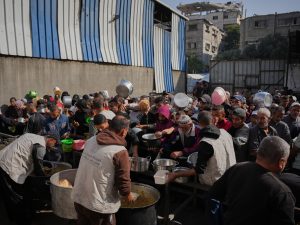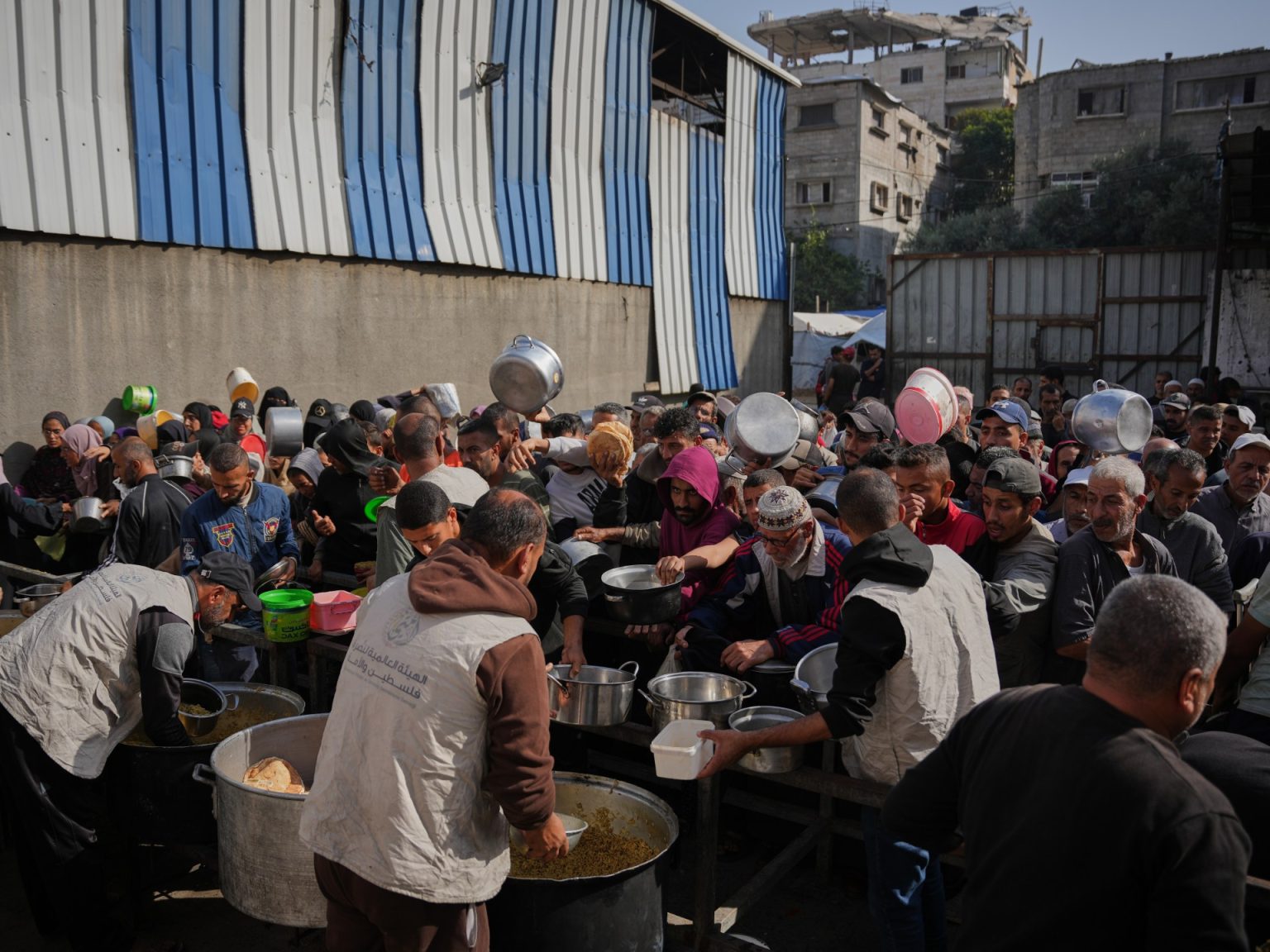The economic situation in Palestine, particularly in the Gaza Strip and the West Bank, has reached a critical juncture. Recent reports from the United Nations Conference on Trade and Development (UNCTAD) paint a grim picture of unprecedented economic collapse, warning that the ongoing conflict has reversed decades of development and pushed the region to the brink. The core issue is the devastating impact on the الوضع الاقتصادي الفلسطيني (Palestinian economic situation), a situation demanding urgent international attention and a comprehensive recovery plan. This article will delve into the specifics of the UNCTAD report, outlining the extent of the damage and the long road to recovery.
انهيار غير مسبوق: تقرير الأمم المتحدة حول الاقتصاد الفلسطيني (Unprecedented Collapse: UN Report on the Palestinian Economy)
UNCTAD’s latest assessment, released on November 25th, 2025, highlights the catastrophic consequences of the prolonged conflict. The report emphasizes that the destruction of infrastructure, productive assets, and vital services has effectively erased years of social and economic progress in Gaza. The scale of the damage is so immense that it will require sustained and substantial international assistance for the foreseeable future.
تراجع الناتج المحلي الإجمالي إلى مستويات عام 2003 (GDP Per Capita Falls to 2003 Levels)
A particularly alarming finding is the dramatic decline in per capita GDP for Palestinians. The report indicates that it has regressed to levels recorded in 2003, representing a loss of 22 years of developmental gains. This signifies a profound regression in living standards and individual economic well-being. This isn’t simply a temporary setback; it’s a fundamental dismantling of the economic fabric of Palestinian society.
أزمة اقتصادية عالمية: تصنيف فلسطين (A Global Economic Crisis: Palestine’s Ranking)
The current economic crisis in Palestine is ranked among the worst 10 globally since 1960. This stark comparison underscores the severity of the situation and its potential to have ripple effects beyond the region. The report warns that Gaza will remain entirely dependent on intensive international support for an extended period, and the recovery process could span decades. The sheer magnitude of the reconstruction effort, estimated at over $70 billion, presents a significant challenge to the international community.
“بقاء غزة على المحك”: الدمار الشامل ( “Gaza’s Survival at Stake”: Total Destruction)
UNCTAD’s report doesn’t shy away from using strong language, stating that the Israeli war has decimated the very foundations of survival in Gaza – food, shelter, and healthcare. This has pushed the Strip to the “edge of complete collapse.” The continuous and systematic destruction casts a long shadow over Gaza’s ability to rebuild itself as a viable place to live, exacerbating multidimensional poverty and leading to famine conditions in certain areas. The الوضع الإنساني في غزة (humanitarian situation in Gaza) is inextricably linked to the economic devastation.
انكماش اقتصادي حاد في غزة والضفة الغربية (Sharp Economic Contraction in Gaza and the West Bank)
The economic contraction in Gaza has been particularly severe, plummeting by 87% over the past two years (2023-2024). This has resulted in a per capita GDP of just $161, one of the lowest figures recorded worldwide. However, the report also highlights a significant deterioration in the West Bank’s economy, marking the worst economic downturn since data collection began in 1972.
القيود الإسرائيلية وتأثيرها على الضفة الغربية (Israeli Restrictions and Their Impact on the West Bank)
The economic decline in the West Bank is attributed to restrictions imposed by Israeli authorities on movement, a decline in productive activity, accelerated settlement expansion, and a reduction in remittances from Palestinian workers employed in Israel. Since October 7th, 2023, over 150,000 Palestinian workers from the West Bank have lost their jobs in Israel, further intensifying the economic and living crisis. Desperate for work, Palestinians are risking their lives by scaling the separation wall using ladders and ropes, resulting in numerous deaths and injuries. This highlights the desperation fueling the أزمة البطالة في فلسطين (unemployment crisis in Palestine).
خطة إنعاش شاملة: ضرورة ملحة (Comprehensive Revival Plan: An Urgent Necessity)
Addressing this crisis requires a comprehensive revival plan, according to UNCTAD. This plan must include coordinated, long-term international aid, the resumption of financial transfers to the Palestinian territories, and the easing of restrictions on trade, movement, and investment. The organization also advocates for the implementation of an emergency basic income program, providing unconditional monthly financial transfers to Gaza residents.
The scale of the destruction has triggered a cascade of economic, humanitarian, social, and environmental crises, shifting Gaza from a phase of “development regression” to “complete destruction.” The report details that approximately 93% of bank branches in Gaza have been destroyed since the start of the war, preventing residents from accessing their savings. Furthermore, 88% of microfinance institutions, most ATMs, and 88% of insurance companies have also been decimated, according to World Bank data.
In conclusion, the UNCTAD report delivers a sobering assessment of the الوضع الاقتصادي الفلسطيني. The damage is extensive, the recovery will be long and arduous, and the need for immediate and sustained international support is paramount. Without a concerted effort to address the underlying economic vulnerabilities and facilitate reconstruction, the future of Gaza and the West Bank remains deeply uncertain. It is crucial for policymakers and the international community to heed these warnings and prioritize a comprehensive and equitable solution to the Palestinian economic crisis. Further research and updates on the situation can be found on the UNCTAD website and through reports from the World Bank.



